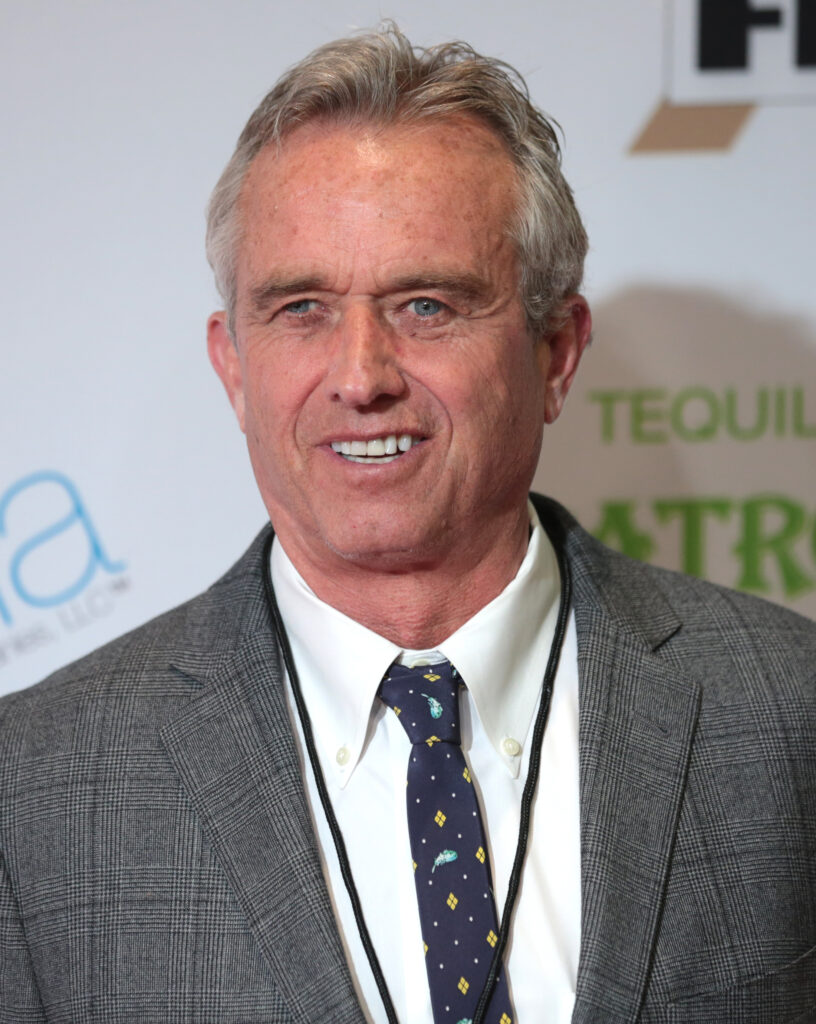Politics
Independent Presidential Candidates

Robert F. Kennedy, Jr.
- Age: 69 years old
- Residence: Los Angeles, CA
- Birthday: September 14, 1978
- Spouse: Cheryl Hines
- Occupation: Lawyer, Author, Public Speaker
- Website
The information on this page is not inclusive of all and every 2024 Independent Presidential Candidate. For details and information on ALL 2024 United States Presidential Candidates, please view the “2024 United States Presidential Election” page at Wikipedia, which includes other presidential candidates, candidates running with no labels, and Third Parties, Libertarian Party, American Solidarity Party, Prohibition Party, Party for Socialism and Liberation, Green Party of the United States. Related content: Political Parties of the United States.
What is an Independent Candidate?
When someone is said to be “running as an independent presidential candidate,” it means that they are seeking the office of the President of a country without affiliating with any of the major or established political parties (such as the Democratic Party or the Republic Party). In the context of a presidential election, here’s what this typically entails:
-
No Party Affiliation: Independent presidential candidates do not represent or have the backing of a political party like Democrats or Republicans. They run as individuals, without the support, resources, and infrastructure that a major party can provide.
-
Independence from Party Platforms: Independent candidates are not bound by the official party platforms or ideologies of major parties. They can develop their policy positions and campaign on issues they believe are important, often free from strict party constraints.
-
Nomination Process: Major parties have a structured process for nominating their presidential candidates, typically involving primaries or caucuses. Independent candidates, on the other hand, often need to gather a certain number of signatures from registered voters to appear on the ballot. The specific requirements vary by country and state.
-
Challenging the Two-Party System: Independent candidates often run as a challenge to the dominance of the two major parties in the political system. They may seek to provide voters with an alternative choice and present themselves as a non-establishment option.
-
Difficulty in Winning: Running as an independent presidential candidate can be quite challenging. It can be harder to gain name recognition, secure campaign funding, and navigate the complex electoral system. In many countries, including the United States, the political system is structured in a way that favors major parties.
-
Impact on Elections: Independent candidates can impact the outcome of an election, even if they don’t win. They may draw votes away from one or both major party candidates, potentially affecting the overall result.
Notable independent presidential candidates in the United States include Ross Perot in the 1992 and 1996 elections and Ralph Nader in 2000. While independent candidates for president face significant hurdles, they can play a role in shaping the national political discourse and raising awareness about specific issues or concerns.
Robert F. Kennedy Jr. Address to the Nation https://t.co/Wf4xt12GSX
— Robert F. Kennedy Jr (@RobertKennedyJr) August 23, 2024




